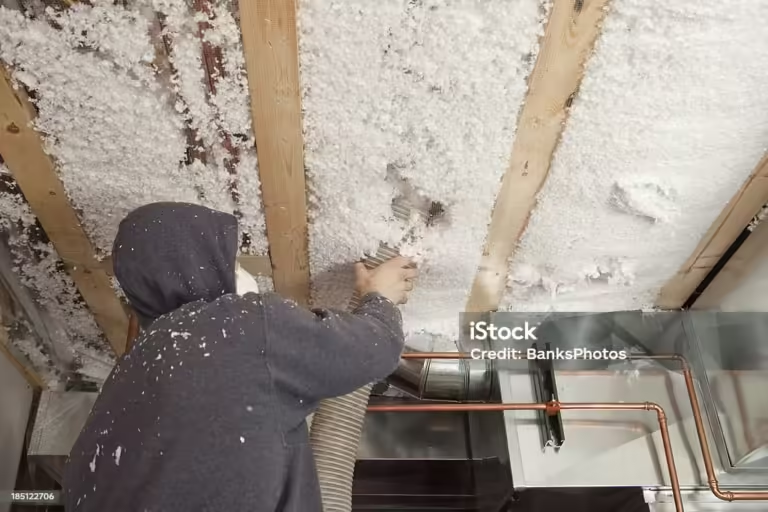The tattoo removal industry has witnessed a surge in demand in recent years, paralleling the rise in the popularity of tattoos. As tattoos become more prevalent, so does the need for skilled professionals who can proficiently remove them. In this article, we’ll explore the ins and outs to become a tattoo removal technician, outlining the steps, challenges, and rewards associated with this unique career path.
Why Choose a Career in Tattoo Removal?
The tattoo removal field offers a unique blend of artistry and science. Technicians play a crucial role in helping individuals erase tattoos they may regret, contributing to enhanced self-esteem and confidence.

Steps to Become a Tattoo Removal Technician
Education and Certification
Embarking on a career in tattoo removal starts with the right education. Look for accredited programs that cover the fundamentals of tattoo removal, anatomy, and safety protocols. Obtaining relevant certifications is key to gaining credibility in the field.
Practical Experience
Beyond theoretical knowledge, hands-on experience is invaluable. Seek apprenticeships or internships with established tattoo removal practitioners to refine your skills and gain practical insights into the profession.
Understanding Tattoo Removal Techniques

Laser Tattoo Removal
The most common technique involves the use of lasers to break down tattoo ink. Stay informed about advancements in laser technology, as it significantly impacts the effectiveness of the removal process.
Staying Updated
The tattoo removal industry is dynamic, with evolving technologies. Continuous learning ensures you stay at the forefront of advancements, offering your clients the best possible service.
Developing Necessary Skills
Precision and Detail
Tattoo removal requires precision and attention to detail. Developing a steady hand and an eye for detail is crucial to achieving optimal results.
Communication Skills
Effective communication is paramount when dealing with clients. Understanding their expectations and explaining the removal process helps build trust and confidence.
Choosing the Right Training Program

Accredited Institutions
Selecting a reputable and accredited training program is the foundation of your career. Look for institutions that provide comprehensive courses, including practical experience and exposure to real-world scenarios.
Hands-on Experience
An ideal training program should offer hands-on experience, allowing you to apply theoretical knowledge in practical settings. Practical exposure enhances your skills and prepares you for the challenges of the profession.
Navigating Certification Processes
Importance of Certification
Certifications validate your expertise and adherence to industry standards. Research recognized certification bodies in the tattoo removal field and ensure your qualifications align with industry expectations.
Recognized Certification Bodies
Look for certifications from well-known organizations within the tattoo removal industry. These certifications not only boost your credibility but also open doors to job opportunities.
Building a Strong Professional Network
Connecting with Professionals
Networking is essential in any industry. Attend industry events, workshops, and connect with established professionals. Building a strong network can lead to valuable insights, mentorship, and job opportunities.
Industry Events
Participate in events where you can meet professionals from the tattoo removal field. Networking can be a stepping stone to job placement or even collaboration on future projects.
Job Placement Assistance
Leveraging Connections
Some training programs offer job placement assistance. Leverage your connections, both from your training program and networking efforts, to explore job opportunities in established tattoo removal clinics.
Exploring Opportunities
Be proactive in seeking job opportunities. Approach clinics and businesses with a well-crafted resume that highlights your education, certifications, and practical experience.
Setting Up Your Own Tattoo Removal Business

Entrepreneurial Opportunities
For those with an entrepreneurial spirit, setting up your own tattoo removal business is a viable option. Understand the legal requirements and regulations surrounding tattoo removal, ensuring compliance with industry standards
Legal Considerations
Consult with legal professionals to navigate the legal aspects of starting a tattoo removal business. Complying with regulations ensures the legitimacy and success of your venture.
Challenges and Rewards in the Industry
Common Challenges
Tattoo removal technicians face challenges such as client expectations, tattoo complexity, and potential side effects. Being aware of these challenges prepares you to navigate them effectively.
Personal and Professional Rewards
Despite the challenges, the personal and professional rewards in this field are substantial. Knowing you’ve helped someone on their journey to a fresh start is immensely gratifying.
Personal and Professional Rewards
Dynamic Industry Trends
The tattoo removal industry is dynamic, with trends evolving rapidly. Stay updated on emerging technologies, techniques, and industry best practices to remain a sought-after professional.
FAQs on Becoming a Tattoo Removal Technician
1. How long does it take to become a certified tattoo removal technician?
The duration varies but typically ranges from six months to a year, including education and practical training.
2. Can I become a tattoo removal technician without prior experience in the beauty industry?
Yes, many training programs accept individuals.




